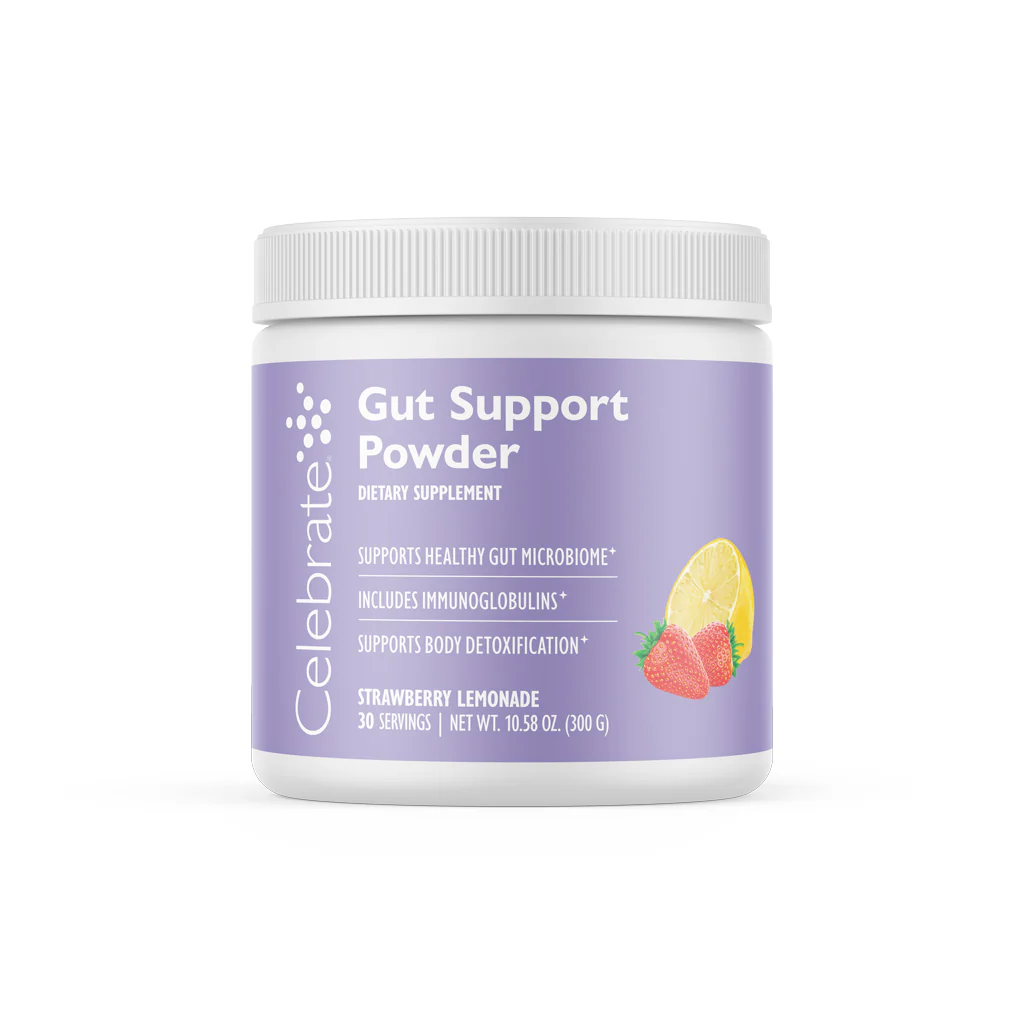Discover the Key to Digestion and Resistance With Intestine Wellness Assistance

Comprehending Intestine Health
Recognizing gut health and wellness is essential for total well-being, as it plays a considerable duty in digestion, resistance, and also mental health and wellness. The intestine, comprising the intestinal system, is in charge of breaking down food, soaking up nutrients, and expelling waste. A balanced digestive tract setting ensures effective food digestion, allowing the body to utilize nutrients properly.
Additionally, intestine wellness considerably affects the body immune system. The intestine houses a substantial part of the body's immune cells, and a healthy digestive tract can aid repel pathogens and decrease inflammation. Interruptions in digestive tract health and wellness can bring about an over active immune feedback, possibly contributing to autoimmune disorders and allergies.
Additionally, the gut is frequently referred to as the "second brain" due to the gut-brain axis, a complicated communication network linking the gut and the brain. This connection influences mood, cognition, and emotional well-being. Issues such as dysbiosis, identified by an inequality in intestine microorganisms, have actually been connected with mental health and wellness conditions, including anxiousness and clinical depression.
The Intestine Microbiome Explained
The digestive tract microbiome, a diverse community of microbes staying in the intestinal tract, plays a pivotal duty in preserving gastrointestinal health and total wellness. Comprising trillions of microorganisms, infections, fungi, and various other microorganisms, this complex ecological community help in the digestion of food, the synthesis of crucial nutrients, and the guideline of metabolic processes.
Each person's digestive tract microbiome is unique, affected by factors such as diet regimen, way of life, genes, and environmental direct exposures. A balanced microbiome sustains ideal food digestion by breaking down facility carbohydrates, generating short-chain fatty acids, and promoting the absorption of nutrients. On the other hand, an imbalance, commonly referred to as dysbiosis, can cause gastrointestinal problems, including cranky digestive tract disorder (IBS) and inflammatory bowel illness (IBD)
Research study has shown that a varied microbiome is related to much better wellness results, emphasizing the significance of nutritional choices in nurturing these microbes. Foods rich in fiber, probiotics, and prebiotics, such as fruits, vegetables, and fermented items, can advertise a healthy microbiome. Comprehending the intestine microbiome is important for establishing targeted treatments focused on enhancing digestion wellness and avoiding intestinal conditions.

Link Between Food Digestion and Immunity
A robust link exists between food digestion and immunity, highlighting the vital role of the digestive tract in keeping general wellness. The gastrointestinal system is home to trillions of microbes that develop the intestine microbiome, which significantly affects both immune responses and digestion procedures. This complex community help in damaging down food, absorbing nutrients, and offering crucial metabolites that support immune function.
When digestion is efficient, the intestine obstacle stays intact, avoiding harmful pathogens anonymous from going into the bloodstream. Around 70% of the immune system stays in the gut-associated lymphoid tissue (GALT), which connects carefully with the intestine microbiome.
Tips for Sustaining Digestive Tract Health
Sustaining gut wellness is crucial for maintaining both digestive system effectiveness and a well-functioning body immune system. To promote optimum digestive tract health, think about incorporating a number of practical methods into your everyday routine.
First, focus on hydration. Drinking appropriate water supports digestion and aids maintain the mucosal cellular lining of the intestinal tracts. Furthermore, normal physical activity can improve intestine motility and promote a varied microbiome.
Mindful eating methods are additionally important. Eating food extensively and eating slowly can assist food digestion and avoid overindulging, which might stress the digestive tract. Handling stress and anxiety via techniques such as meditation, yoga, or deep-breathing exercises can positively influence digestive tract health and wellness, as stress and anxiety is recognized to disrupt digestive processes.
Incorporating prebiotics and probiotics into your program is one more efficient method. While certain foods will certainly be gone over later on, comprehending the value of these elements is vital. Prebiotics work as food for valuable intestine microorganisms, while probiotics present online helpful microorganisms.
Finally, avoid excessive use of anti-biotics, as they can interfere with the balance of gut flora. By adhering to these pointers, you can dramatically add to the maintenance of a healthy intestine, which is crucial for general health and wellness and vitality.
Foods That Promote Intestine Health

Fermented foods, such as yogurt, kimchi, sauerkraut, and kefir, are rich in probiotics, which are useful germs that support gut vegetations and boost food digestion. These foods can assist restore equilibrium in the gut, particularly after antibiotic use or digestive system disruptions.
Along with fermented options, Going Here prebiotic foods, such as garlic, onions, asparagus, and bananas, work as sustenance for these probiotics, advertising their growth and task. These soluble fibers sustain gut mobility and can relieve problems like irregularity.
Moreover, including high-fiber foods, including whole grains, fruits, vegetables, and beans, is crucial for preserving a healthy and balanced digestive tract. Fiber aids in routine bowel motions and helps protect against gastrointestinal problems.
Finally, omega-3 fats discovered in fatty fish, flaxseeds, and walnuts have anti-inflammatory residential properties that can additionally support intestine link health. Stressing these foods in your diet can bring about a robust digestion system and enhanced immune feature.
Verdict
In final thought, focusing on intestine health is important for enhancing food digestion and enhancing immunity. A balanced digestive tract microbiome, influenced by dietary options and way of living variables, plays a crucial role in nutrient absorption and inflammation decrease.
Comprehending digestive tract health and wellness is vital for total well-being, as it plays a considerable function in digestion, immunity, and also mental health and wellness. The digestive tract houses a considerable portion of the body's immune cells, and a healthy gut can aid fend off virus and lower swelling.Furthermore, the gut is typically referred to as the "second brain" due to the gut-brain axis, an intricate interaction network linking the intestine and the mind.A durable link exists between digestion and resistance, highlighting the vital function of the gut in keeping total health and wellness.In conclusion, focusing on digestive tract health is essential for maximizing digestion and enhancing resistance.